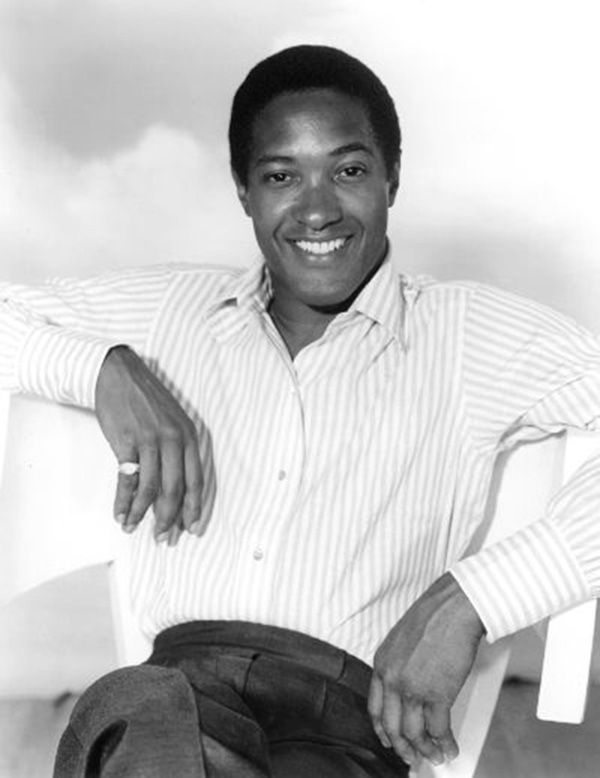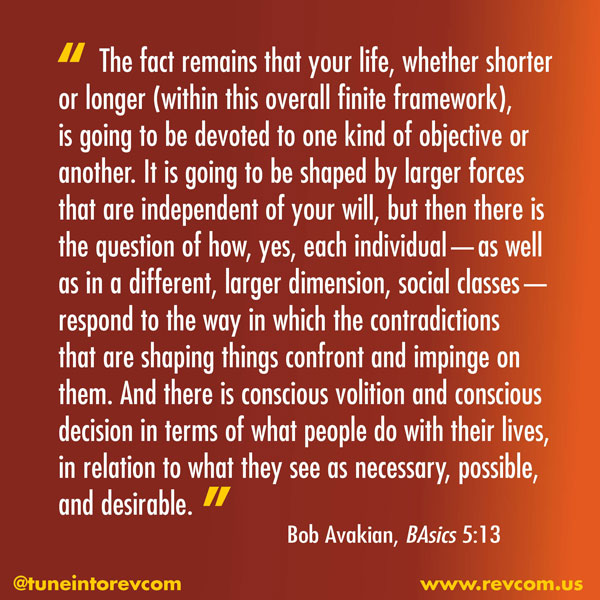The Two Killings of Sam Cooke
Check It Out on Netflix
From a reader
| revcom.us
As a teenager in the late 1950s and early '60s, I listened to and loved the music of Sam Cooke. Some of my favorites are “A Change Is Gonna Come,” “Chain Gang,” and “You Send Me.” But I learned a lot more about Sam Cooke and his stand against white supremacy in the new Netflix documentary, The Two Killings of Sam Cooke.
The documentary chronicles Sam Cooke’s defiant stand against white supremacy through his voice and the voices of other musicians of that time—Smokey Robinson, Dionne Warwick, and Quincy Jones. It shows how the government had him in their sights.
Sam Cooke’s killing in 1964 by a motel manager in Los Angeles was called “justified homicide” by the LAPD, but the documentary indicates that there may have been more to it than what the LAPD called it. The people who knew Sam Cooke talk about how the actual circumstances surrounding his killing point to other possibilities why he was killed.
Sam Cooke was at the forefront of the civil rights movement in the late 1950s and early 1960s.The documentary goes back and forth between Cooke’s life and the brutal oppression that Black people were facing in the South and how all that influenced him, including the murder of Emmett Till. The film suggests that even after Cooke was murdered, his influence was still being felt when the 1965 Watts Rebellion occurred.
Cooke went on to start SAR, the first independent record label launched by a major Black artist, that challenged the larger labels in the industry in the early 1960s.
The director of the film, Kelly Duane de la Vega, said Sam Cooke “was an incredible musical artist, but just as important was the way he contributed to the civil-rights movement and embodied the idea of an African-American artist having power in the record industry.”
People who know of Sam Cooke and those who don’t know about him should watch this documentary. Sam Cooke was a very special person. He had one of the most beautiful voices. He wrote and performed songs that pointed to the brutal conditions faced by Black people. He was at the forefront of the struggle to end segregation in the South and in the music industry. His life was stopped short, way too soon, just as the lives of other Black civil rights activists were snuffed out during that period.
 Sam Cooke
Sam Cooke

Get a free email subscription to revcom.us:

